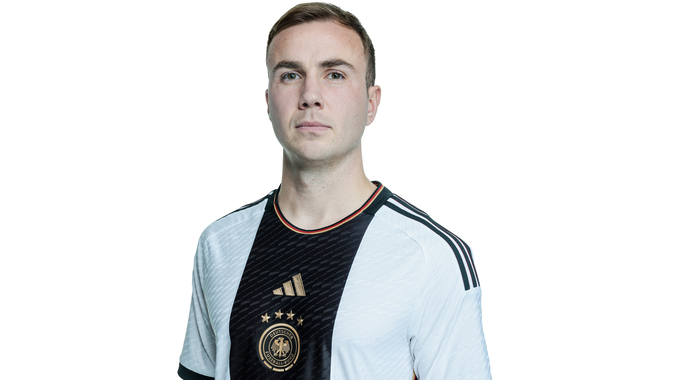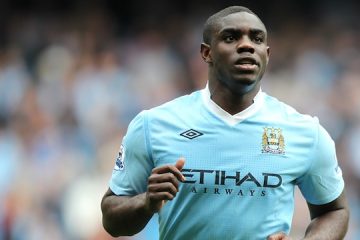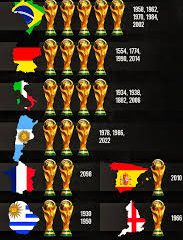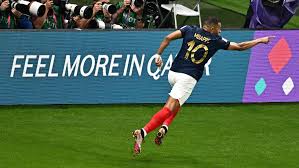The Journey of Mario Götze: From World Cup Glory to Present Day

Introduction
Mario Götze is a name that resonates deeply within the world of football. The German midfielder gained international fame for scoring the winning goal in the 2014 FIFA World Cup final, securing Germany’s fourth title. Götze’s journey is not just about his pivotal role in that historic match; it reflects the highs and lows of a professional athlete’s career, highlighting issues such as injuries, and mental health challenges. His story continues to hold relevance as he navigates the current football landscape.
Career Highlights
Born on June 3, 1992, in Düsseldorf, Götze showed talent from a young age, joining Borussia Dortmund’s youth academy. He made his senior debut in 2010 and quickly became a key player under coach Jürgen Klopp. His breakout season came in 2012 when he helped Dortmund win the Bundesliga and reached the UEFA Champions League final. In 2013, Götze signed with Bayern Munich, a move that sparked debates among fans but ultimately proved to be successful as he continued to collect domestic titles.
However, the apex of his career came in Brazil, where Götze scored in the 113th minute against Argentina, sending Germany to victory in the World Cup final. This moment not only solidified his place in football history but also set high expectations for his subsequent career.
Challenges and Comebacks
After joining Bayern Munich, Götze faced a series of injuries that hindered his performance and game time. In 2017, he was diagnosed with a metabolic disorder, which further complicated his career and well-being. However, true to the nature of elite athletes, he worked tirelessly to regain his form and returned to Borussia Dortmund in 2020. Since then, Götze has made significant contributions in the Bundesliga, showcasing his resilience and dedication to the sport.
Current Impact and Legacy
As of now, Mario Götze continues to play at a professional level. He recently signed with PSV Eindhoven in the Eredivisie, where he has regained his influence in the midfield. His experience and football intelligence have made a difference for the team, proving that despite the challenges he faced, he remains a player to watch.
Moreover, Götze’s journey has sparked conversations about mental health in sports, emphasizing that athletes are not immune to personal struggles. He has become an advocate for dialogue surrounding these issues, working towards supporting fellow athletes facing similar hurdles.
Conclusion
Mario Götze’s legacy extends beyond his World Cup goal; it represents resilience, adaptability, and the importance of mental health awareness in sports. As he continues his career in the Netherlands, fans and analysts alike will be keenly observing his performance and how he approaches the latter stages of his football journey. His story serves as an inspiration and a reminder of the unpredictable nature of sports, where triumph and adversity often go hand-in-hand.









